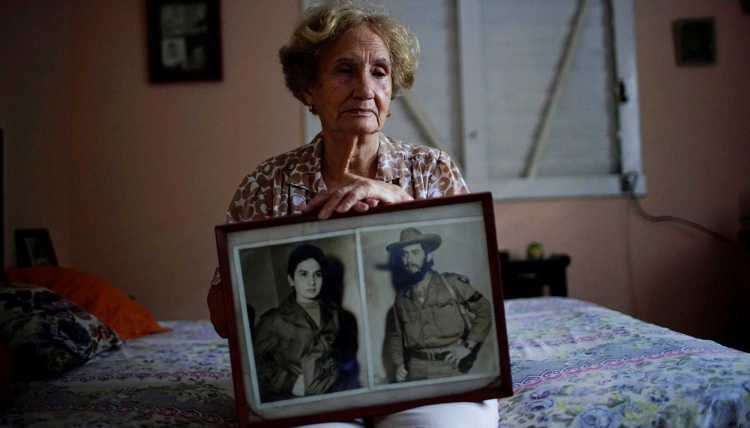- Startseite
- Forschung & Transfer
- Forschungsprojekte
- The Return of Race-based Inequalities in Contemporary Cuba: Analysing the Impact of Past Migration and Current Reforms
The Return of Race-based Inequalities in Contemporary Cuba: Analysing the Impact of Past Migration and Current Reforms
Few political transformations have attacked social inequalities more thoroughly than the 1959 Cuban Revolution. The research project addresses to what extent and through what mechanisms structural inequalities have been returning in recent years which echo Cuba’s pre-revolutionary socio-ethnic hierarchies. To this end, a unique nationwide survey with more than one thousand respondents is carried out. As access to hard currency becomes key, racialized migration patterns of the past make for highly unequal access to family remittances, and also the gradual opening of private business disfavors Afro-Cubans.
DFG, 2016-2021
Team
Leitung
Forschungsfragen
Our research project aims to examine and understand the forces driving Cuba’s growing race based inequalities, most notably the role and impact of migration, remittances and foreign citizenship in the context of the island’s current market-oriented economic reforms. In particular, we will examine: 1.the socio-racial implications of current remittance sending / receiving practices; 2. the use of remittances, investments and/or loans, and material goods from family members abroad, towards private business ventures on the island; 3. the role of mobility (either through additional foreign citizenship which many Cubans of Spanish descent have been able to acquire of late as well as Cuba’s recent migration reform), in facilitating economic opportunities for some sectors of Cuban society and how this is in turn contributing to new racial inequalities.
Beitrag zu internationaler Forschung
The project stands at the centre of global debates on inequality, migration, and development, and focuses in particular on the persistence of race-based social inequalities. As such it contributes to the debate on the developmental impact of remittances (Orozco 2013; Ratha 2005; for sceptical positions: Abdih et al 2008; Chami et al 2008; Kapur 2003); on the efforts to overcome the racial stratification in ethnically heterogenous societies (de la Fuente 1995, 1999, Helg 1995; Robaina 1990); and on the social impact of market reforms in once centralised but gradually opening economies (e.g. Mesa-Lago and Pérez-López 2009).
Forschungsdesign und Methoden
At the heart of the research project lies a nationwide survey with more than 1,000 Cubans which provides us with a unique data set on the relationship between migration/remittances, foreign citizenship/mobility, and the increasing racial inequalities during Cuba’s current economic reforms. The survey is complemented by in-depth, formal interviews which facilitates qualitative insights into the underlying social processes and dynamics and provides the study with a high degree of ethnographic ‘thickness’.
Vorläufige Ergebnisse
The survey provides impressive empirical evidence for the return of race-based inequalities, which to a significant extent echoes the socio-ethnic stratification of the Cuban society prior to the 1959 revolution. The data show how past migration patterns and the corresponding flows of family remittances are the key source of investment capital for the small-scale enterprises that have been legalized with the country’s economic reform process. In addition, pre-revolutionary property of houses and cars have become an important asset in the emerging market sectors. The survey shows that as a result the Afro-Cuban population has by and large significantly less income than phenotypically “white” Cubans; other indicators such as business participation, travel or Internet access confirm this trend. Finally, also the acquisition of a second foreign citizenship (mostly Spanish) is an important privilege that is almost exclusively available to the Cuban population of European descent. In sum, the research project for the first time provides systematic empirical evidence for the profound socio-ethnic restructuring that the Cuban society is undergoing. This is profoundly challenging a socio-political order which in the past achieved an extraordinarily high degree of social equality.




